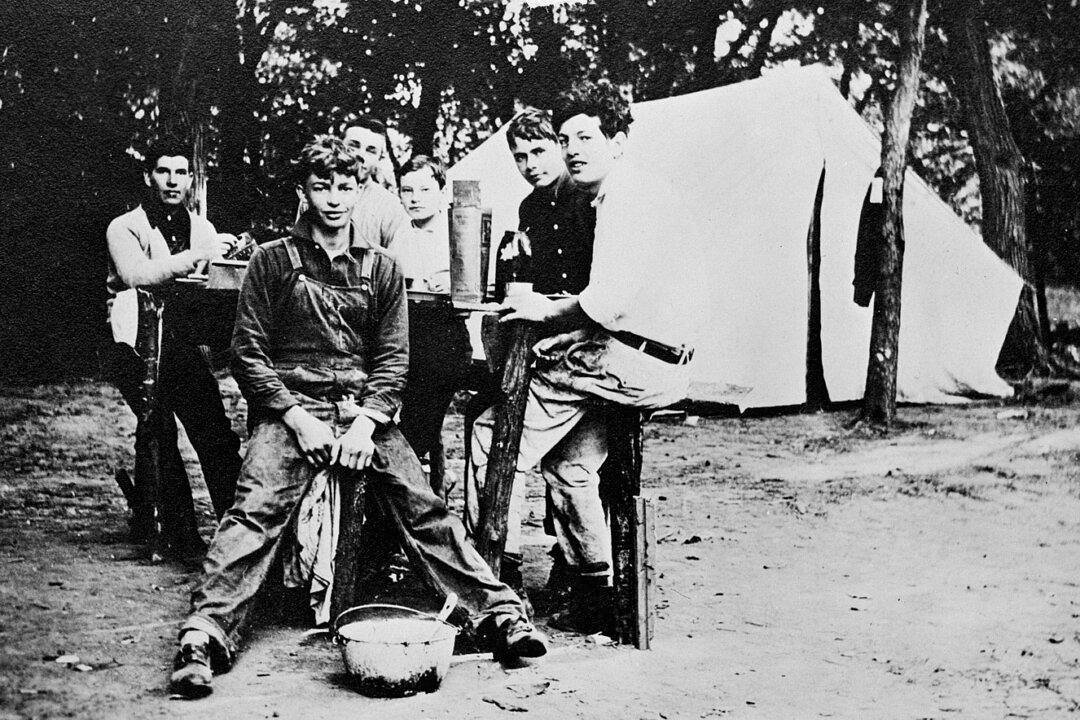Dwight David Eisenhower (1890–1969), also known by his nickname, “Ike,” grew up in a strict but loving Mennonite home in Abilene, Kansas. He and his brothers joined their parents daily in prayer, worked hard at their chores, and received the standard education of the time. From there, Eisenhower entered West Point, graduated, rose through the ranks, and eventually led the Allied forces in the June 6, 1944, invasion of Normandy and on to victory in World War II. In 1952, he won the presidency as a Republican. He ended the Korean War, served another term, and presided over both the beginning of the Cold War and the 1950s’ economic boom.
On his journey from Abilene to Gettysburg, Pennsylvania, where he retired, Eisenhower enjoyed a variety of hobbies. As a young man, he played football and baseball, and was a skilled pistol shot and poker player. He became an expert at bridge, developed a passion for golf, and was a lifelong fan of fishing and the outdoors. In his later years, Eisenhower took up painting as a means of pleasure and relaxation.






